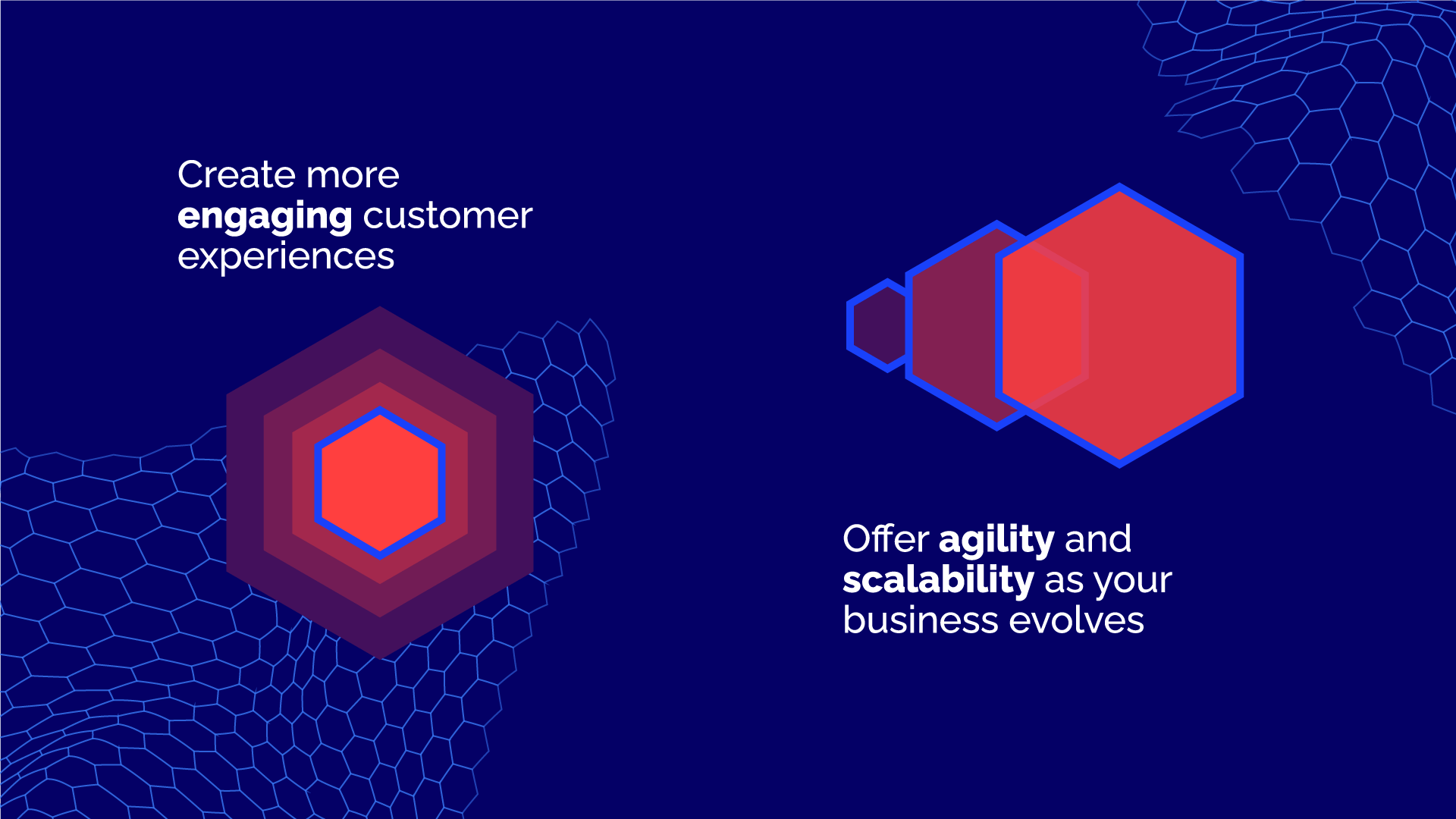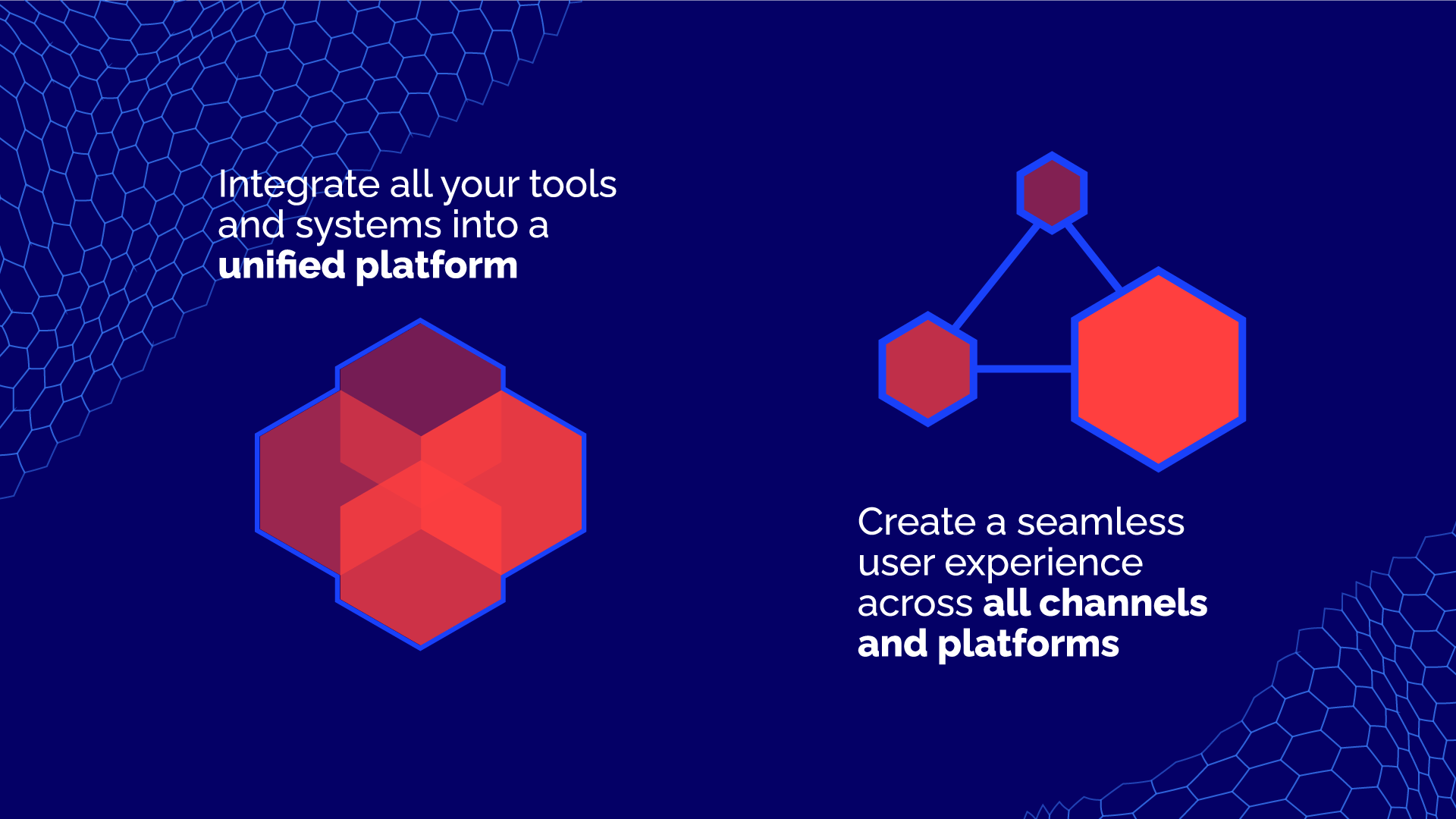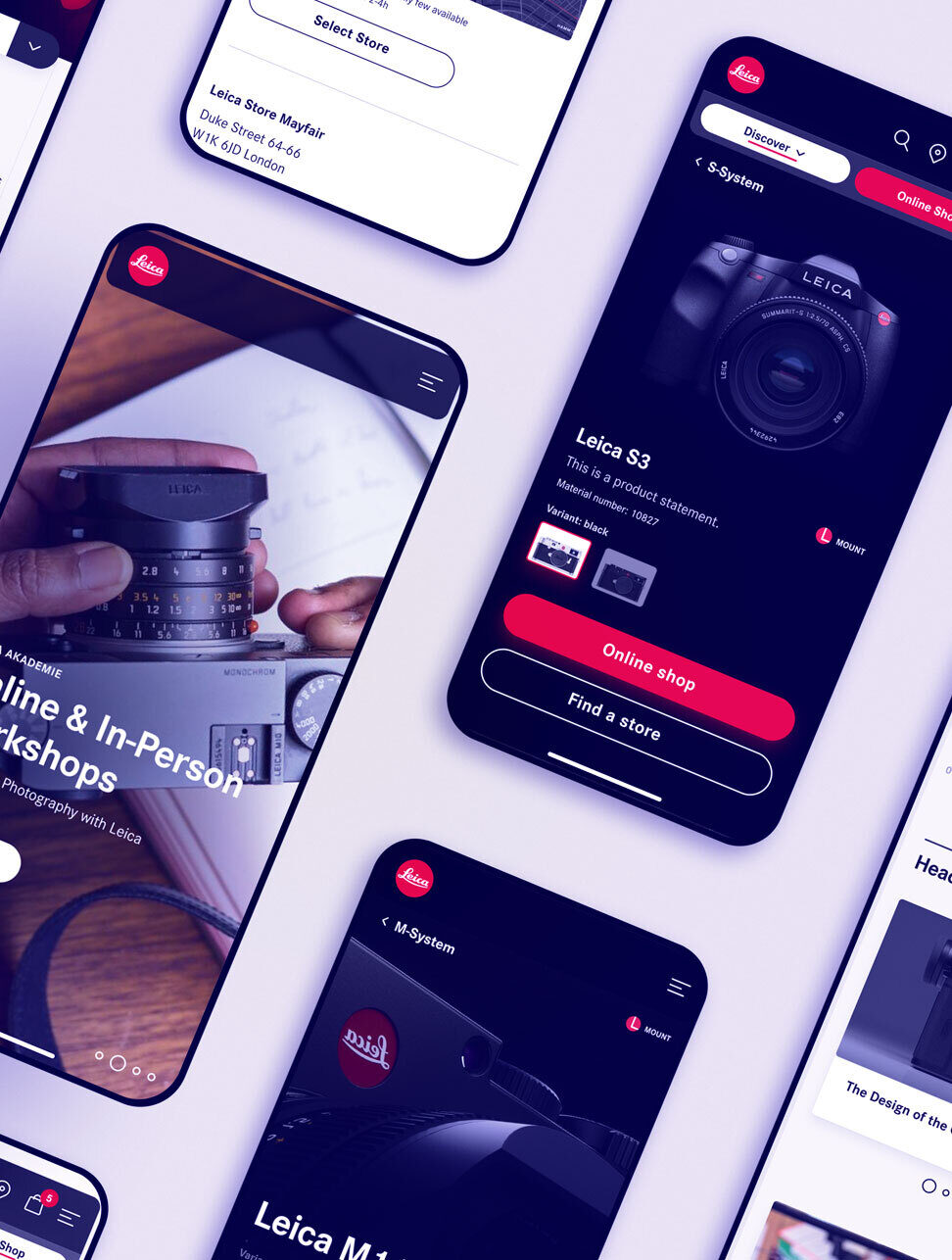In today's digital landscape, customer experience has become the key differentiator for businesses. Complex customer journeys now span numerous touchpoints, and Digital Experience Platforms (DXPs) represent a paradigm shift in customer engagement. They provide businesses with the tools to create cohesive, personalised experiences across all digital touchpoints.
Importantly, these platforms are scalable and agile and support omnichannel content delivery, data-driven insights, and predictive analytics. As customer expectations continue to rise and emerging technologies keep advancing, DXPs are becoming essential for businesses looking to thrive in the experience economy.
The Experience is the Product
In today's digital-first world this statement has never been more accurate—or more critical for businesses to understand. Research shows that the overall experience a customer has with a brand or product is just as important, if not more so, than the physical product or service itself. Today, the experience has become the primary factor influencing consumer behavior, driving loyalty, and defining brands in the eyes of customers.
We live in an era of growing product parity and market saturation, where differentiation based solely on product features or price is increasingly difficult. Coupled with rising customer expectations, media fragmentation, and the burgeoning service economy, delivering a great experience has transitioned from a nice-to-have to an absolute necessity.
Consider this:
According to a PwC study, 73% of consumers point to experience as an important factor in their purchasing decisions, behind only price and product quality. Moreover, customers are willing to pay up to a 16% price premium for great experiences and services.
These statistics underscore a fundamental shift in consumer priorities–one that savvy businesses are rushing to address.
Customer Journeys: More Complex than Ever
However, creating, orchestrating, and delivering great experiences in today's landscape is more challenging than ever. Ironically, this complexity stems from many of the same factors that have made experiences so crucial—like rapidly evolving technologies and growing media fragmentation.
Crafting a compelling customer journey is no longer about optimising a simple, linear funnel. Instead, it involves orchestrating a seamless experience across multiple touchpoints, spanning everything from discovery and purchase to usage and support. And then of course there are the channels—LOTS of channels.
An ever-increasing number which is why according to Venture Harbour, it's estimated that today the typical customer journey can have anywhere from 20 to over 500 touchpoints, depending on the industry and complexity of the product or service.
This new reality has introduced a new host of challenges for businesses requiring them to:
- Maintain consistency across a dizzying array of channels
- Personalise interactions for thousands of users based on individual preferences and behaviours
- Anticipate customer needs and provide proactive support
- Continuously gather and analyse vast amounts of data to refine experiences
- Seamlessly blend digital and physical touchpoints
Sounds complicated, right?
Enter the Digital Experience Platform (DXP) – a revolutionary approach to meeting these complex demands.



.jpg?width=972&height=1286&name=gerflor-head%20(1).jpg)



-Recovered.png?width=600&height=793&name=WiD%20HERO_INSIGHTS_972X1286%20(1)-Recovered.png)

